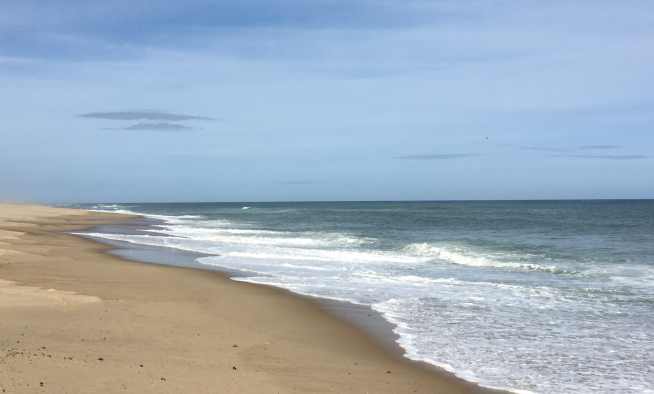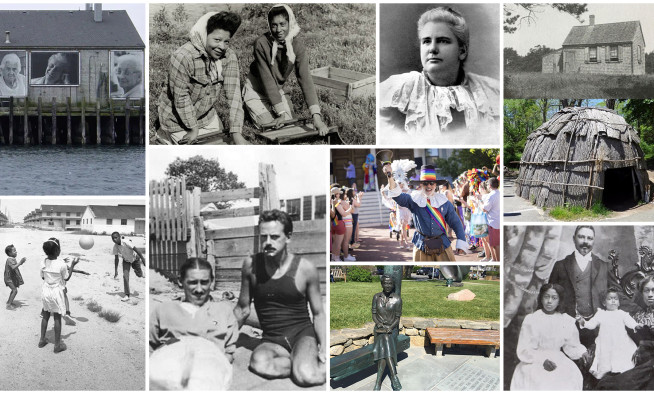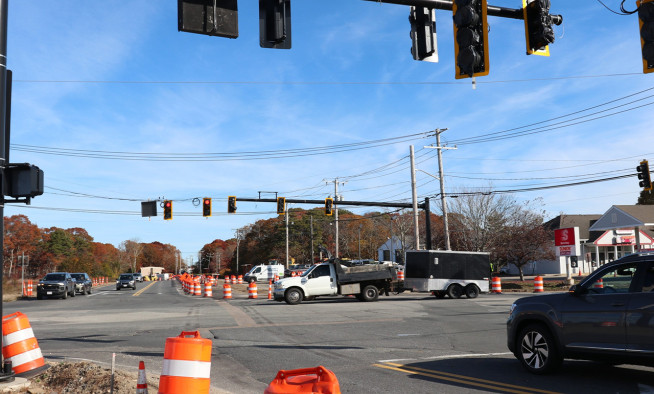Shoring up our coastline: Innovative solutions to limit damage in the floodplain
As climate change continues to bring about more frequent and severe flooding, communities in flood-prone areas face increasing challenges adapting to these changes. On Cape Cod, where communities are particularly vulnerable, work to develop innovative solutions to reduce the impacts of flooding is underway.
Together with the Cape Cod Cooperative Extension, Woods Hole Sea Grant, UMass Boston’s Urban Harbors Institute, Noble Wickersham & Heart LLP, and the towns of Chatham, Eastham, Provincetown, Truro, and Wellfleet, the Cape Cod Commission is working to develop regulatory tools for development in the floodplain.
Funded through a Planning Assistance Grant from the Executive Office of Energy and Environmental Affairs (EEA) awarded in 2022, this project aims to promote sustainable building practices and reduce the risk of flood damage, ensuring the long-term protection of Cape Cod's natural coastal resources while supporting its built and community systems.
This project builds on a model coastal resilience article for local Wetlands Bylaws, made possible through a previous EEA Planning Assistance Grant, Responding to Climate Change: Promoting Resilient Local Action. Municipalities can either insert this model bylaw into existing local wetlands bylaws or use it independently.
The new regulatory tools will include complementary model wetlands and zoning regulations for coastal floodplains that will help communities regulate development in high-hazard areas – those that will become increasingly vulnerable to the threat of flooding from coastal storms and sea level rise. These model regulations may address unsecured structures in the floodplain, damage to seawalls and bulkheads, and planning for future conditions.
The project team has conducted several meetings with partner town staff and expects the model regulations and accompanying communications framework to be complete by June 2024.
Related Posts




